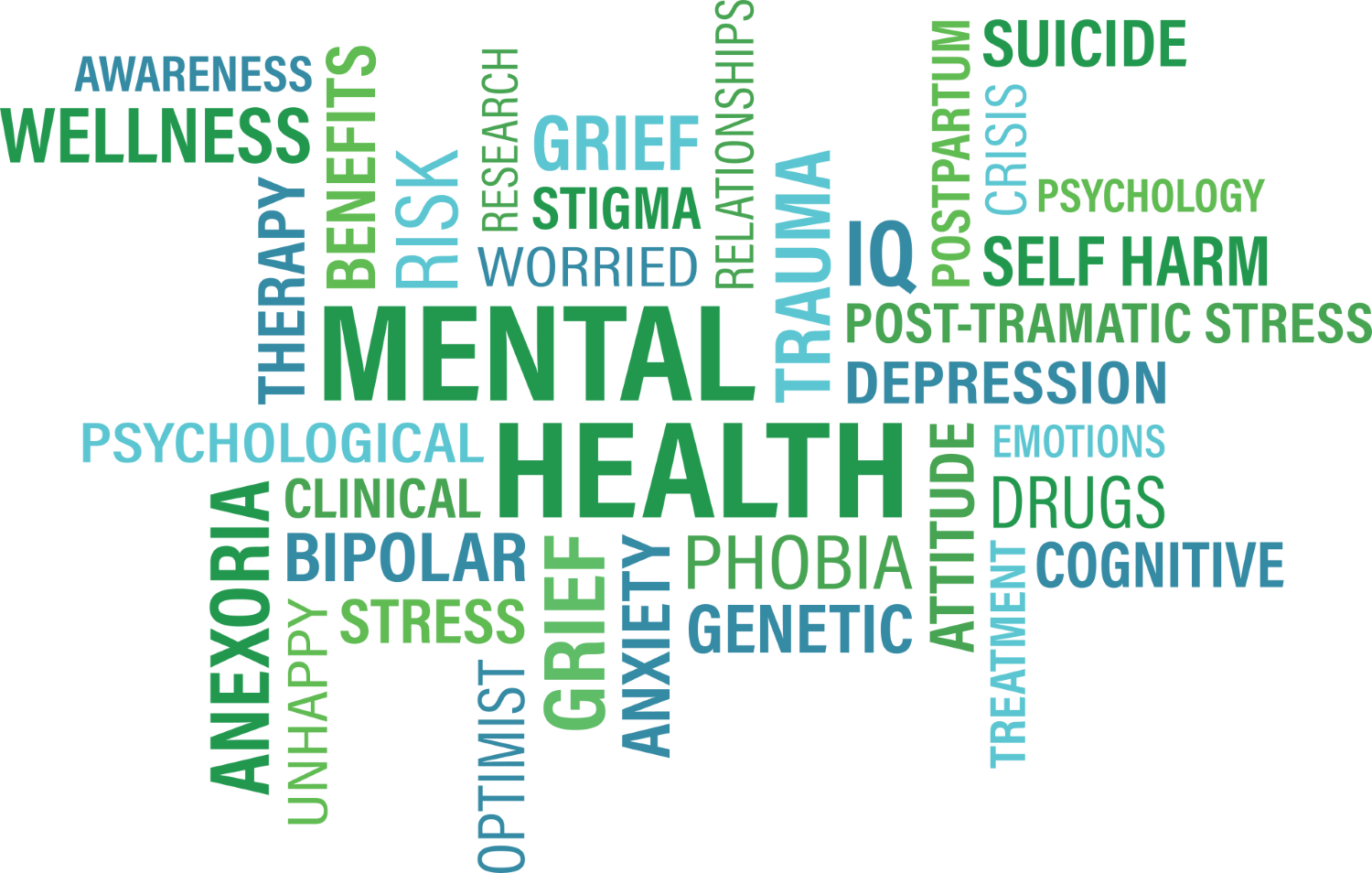Spanning from ancient history to modern times, the Jewish people have endured an abundance of trauma.
Every day there is a new anti-Semitic attack making the news. Additionally, many individuals continue to be affected by the Holocaust even 80 years after it has passed.
Acts of anti-Semitism can be traumatic for billions of people, even when those acts only inflicted direct trauma upon a fraction of that population. For example, the Holocaust tragically killed and enslaved millions of Jewish people. That would be inherently and unarguably traumatic for the individuals who were directly persecuted. However, why is it that eighty years later, the Holocaust can have lasting symptoms of trauma on a variety of people, some who, for example, aren’t related by blood to anyone who was actually in the Holocaust? More generally, how can one experience what some might call “trauma-by-proxy?”
I’ll give another example of the phrase “trauma-by-proxy.” Let’s say you live in Los Angeles and in an act of horrific anti-Semitism, there is a shooting at a synagogue in New York City. You don’t know anyone who was injured or killed, or anyone who lives nearby. However, you still feel the trauma. You notice a pit in your stomach when you hear the news. From then on, you are hyper-aware of being a victim of a hate crime while practicing your religion. Those are legitimate symptoms of having gone through a trauma. How can that be, even though you weren’t directly involved in the incident?
I’m here to tell you that your feelings are valid. If you start shaking whenever you hear stories of the Holocaust, even though your lineage has been completely uninvolved and you are living in modern times, or if you feel a surge of fear for the Jewish people whenever you hear there is some type of breaking news, your physical and emotional feelings from that “trauma-by-proxy” are valid.
“Trauma-by-proxy,” or trauma by indirect relation to an event that has occurred, can be broken down into several categories. There are also scientific explanations which validate these feelings.
When directly involved in a traumatic event, the physical and psychological effects can be profound, according to Leonard Calabrese, D.O. of the Cleveland Clinic. He tells us that when one is in the midst of a stressful, but not necessarily traumatic, situation, a hormone called cortisol is released amongst other stress hormones. However, trauma occurs when the stress of an event breaks past ordinary coping mechanisms, either acutely or over a period of time, and that can cause widely known effects such as PTSD. Additionally, the over-release of cortisol can also affect a compromised immune system and can be the trigger for chronic pain, anxiety, and much, much more.
Now that we have established the effects of experiencing trauma directly, let’s explore how it can affect us through indirect relation, or “by-proxy.”
Let’s say you have a distant family member who survived the Holocaust and has severe and lasting emotional and physical side-effects from the trauma, such as PTSD and a weakened immune system. Science says those side-effects can be passed down genetically. The resulting traumatic symptoms that future generations feel and experience are happening as a result of what is called “generational trauma.” That Holocaust-survivor’s descendants may get sick far easier than normal, and may be extremely emotionally sensitive to current events and stories of the Holocaust.
However, let’s say an individual is not related to a Holocaust survivor or someone who has experienced trauma, and therefore does not have that genetic predisposition, but still feels extreme physical and emotional responses to Jewish trauma of past, present, and future. That kind of reaction has several titles, including “vicarious trauma,” “third-party trauma,” and “secondary trauma.”
There are two more types of trauma with definitive labels which I will be covering. “Historical trauma” is one. That type of trauma occurs when you hear stories of a historical event such as the Holocaust. You may feel physical and emotional symptoms that mimic the feelings you may have felt if you were around during that time.
Finally, there is “collective trauma.” This happens when you may not know anyone affected by a current traumatic event, you may not live nearby, and you might just find out about it through the news, but you can feel the pain of that trauma, simply because you are associated with the immediate victim’s religion (or gender, class, etc.).
As a people, the Jews have been through a lot. All different sorts of trauma are all around us. Sometimes, giving your trauma a category or even scientific backing can be incredibly validating. That is why I have chosen to share this collection of information with you.

